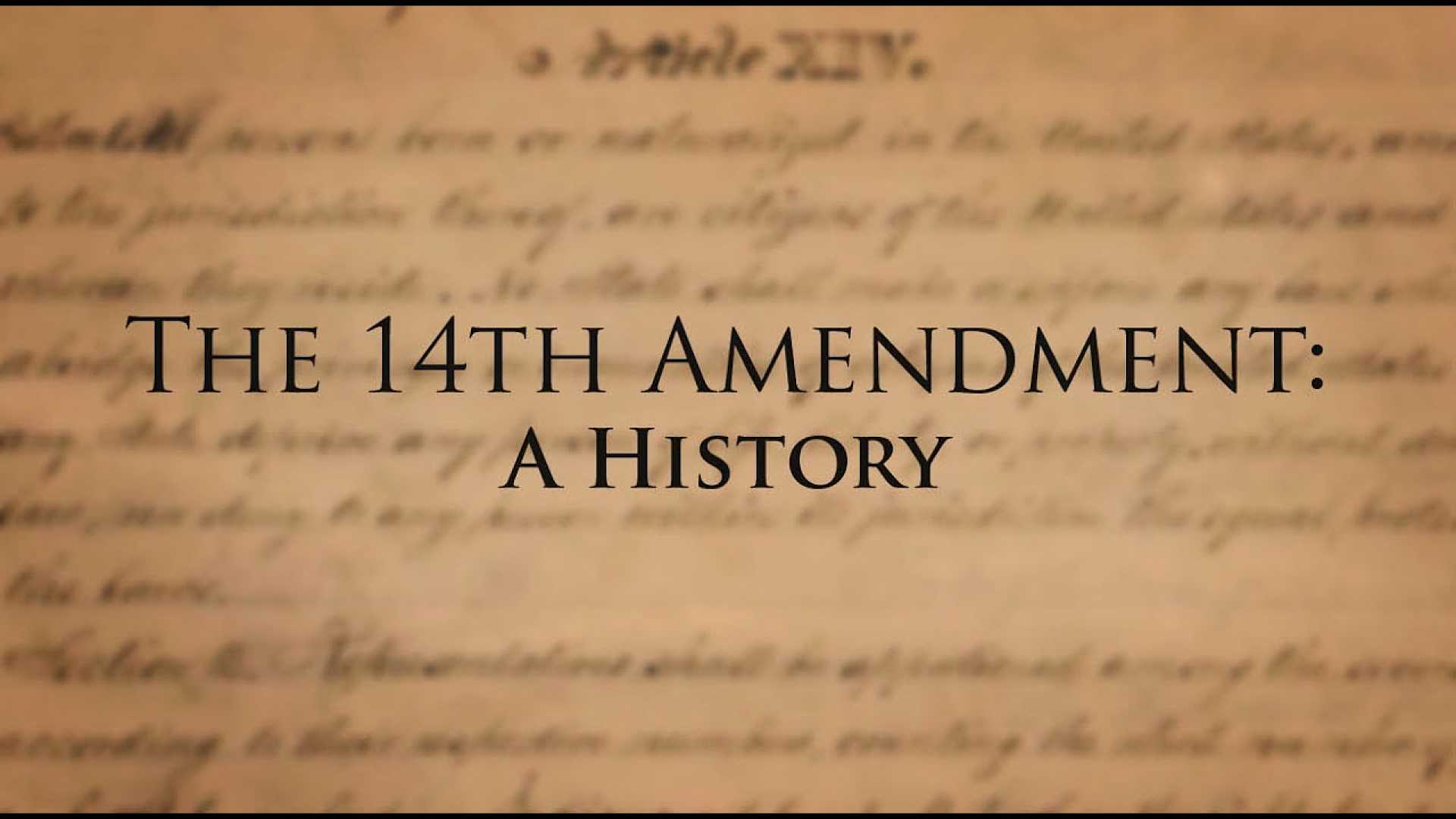Politics
Clarifying the 14th Amendment: What It Means for Public Office and Felons

A recent misunderstanding about the 14th Amendment of the U.S. Constitution has sparked debate, particularly in the context of former President Donald Trump‘s eligibility for public office. The confusion centers around Section 3 of the amendment, often referred to as the Insurrection or Disqualification Clause.
Section 3 does not disqualify individuals with felony convictions from holding public office. Instead, it bars public officials who have previously sworn an oath and then “engaged in insurrection or rebellion” against the United States, or given aid or comfort to its enemies, from holding public office again. This clause specifically targets those who have violated their oath of office by participating in insurrectionary activities.
A recent example of this confusion arose when a handful of Colorado voters sued to keep Trump off the ballot, citing Section 3. The Colorado Supreme Court ruled that Trump was ineligible due to his actions on January 6, 2021, which they deemed as participation in an insurrection. However, the U.S. Supreme Court later overturned this decision, ruling that states cannot invoke Section 3 to bar candidates for federal office. The Supreme Court held that only Congress, through legislation, has the authority to disqualify candidates under this clause.
The Supreme Court’s decision highlighted the potential for a “patchwork” of different state interpretations, which could lead to chaos and undermine the direct link between the national government and the people. This ruling clarifies that any disqualification under Section 3 must be uniform and decided at the federal level.












